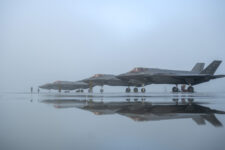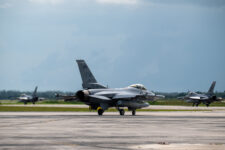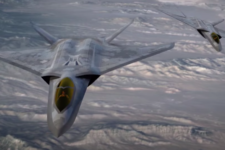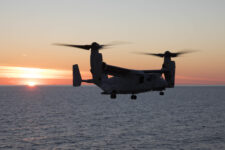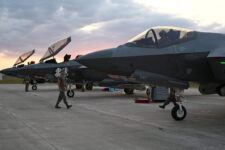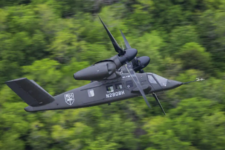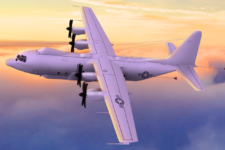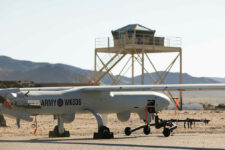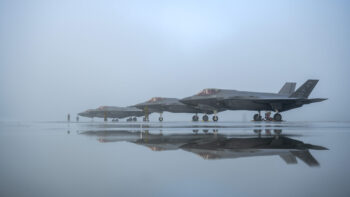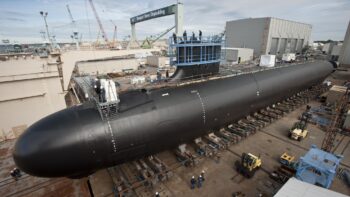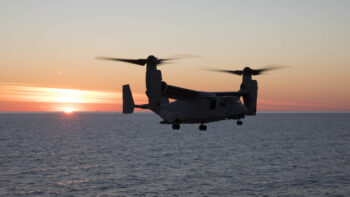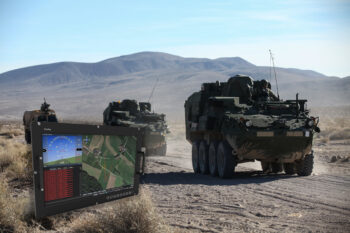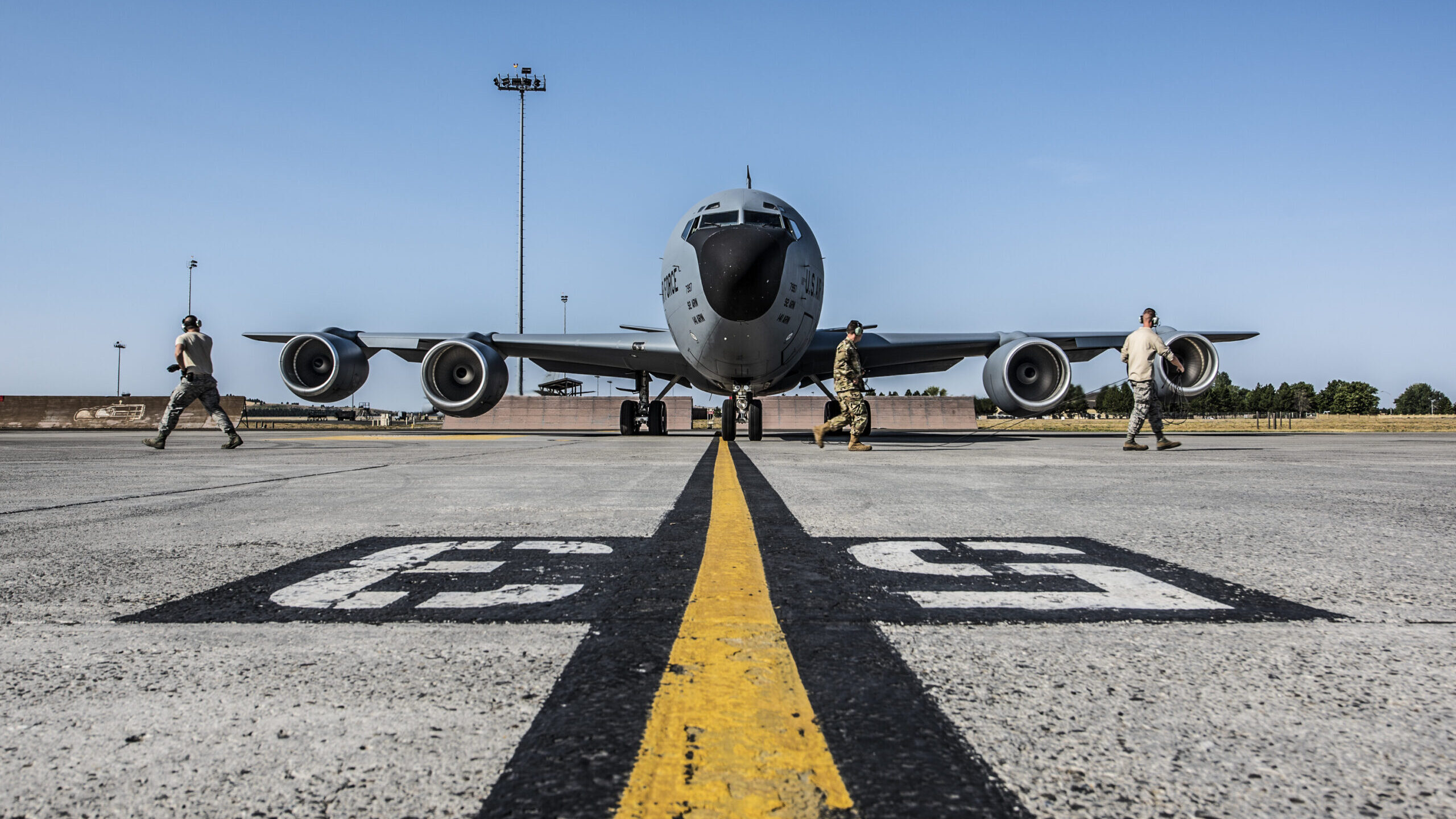
A KC-135 awaits maintenance in a 2018 file photo. (US Air Force)
WASHINGTON — The US Air Force has grounded its fleet of KC-135 tankers and reconnaissance planes in order to inspect and replace a key part that, if not fixed, could lead to aging planes’ tails falling off mid-flight.
Air Force Materiel Command has issued a time compliance order to inspect all KC-135s for faulty “tail pins” before their next flights, the service revealed Tuesday. Inspections must be completed within the next 15 days, and include not just the KC-135 refuelers, but the RC-135 reconnaissance planes and the WC-135 Constant Phoenix fleet.
“We’re taking this action out of an abundance of caution, after consulting with our engineering experts,” Col. Michael Kovalchek, Senior Materiel Leader with the Air Force Life Cycle Management Center’s Legacy Tanker Division, said in a statement. “We are working closely with Air Mobility Command and all operational users and anticipate all potentially affected aircraft will be inspected.”
According to an Air Force fact sheet, the service has 414 Stratotankers, 247 of which are managed by the reserve and guard component.
RELATED: Air Force wants its next-gen tanker flying by 2040
As of Feb. 12, 90 aircraft had been inspected, and 24 “non-conforming” pins were found. The good news for pilots: the fix seems pretty easy to implement. The inspection takes roughly 30 minutes, and the service says most pin replacements can take place in about a day.
On Feb. 9, a memo was posted on the Air Force amn/nco/snco Facebook page stating that as many as 207 KC-135 aircraft could be impacted by the issue. According to that memo, which has been confirmed as authentic by Defense News, metallurgical analysis of the pins found “incorrect material, undersized dimensions, insufficient plating and lack of shot peening.” All told, that means the pins, which are used to hold in place the vertical stabilizer on the plane’s tail, could fail mid-flight.
“Should one pin fail, the other would not be able to carry the remaining load and the vertical stabilizer would depart the aircraft” — obviously a less-than-ideal situation for the plane and anyone in it.
The KC-135 has been a workhorse for the Air Force since entering service in the late 1950s, but its growing age is a driving force behind the service’s requirement for the KC-46A Pegasus tanker to come online. The KC-46, however, has faced a heavy load of technical problems, meaning the Air Force continues to rely on the KC-135 as a key part of its refueling fleet.
Pentagon awards Lockheed $11.8 billion undefinitized F-35 production contract
The Pentagon aims to finalize the contract for production lot 18 by the spring, though a similar award for lot 19 is not planned to follow until the fiscal 2025 budget is approved, according to the F-35 Joint Program Office.
